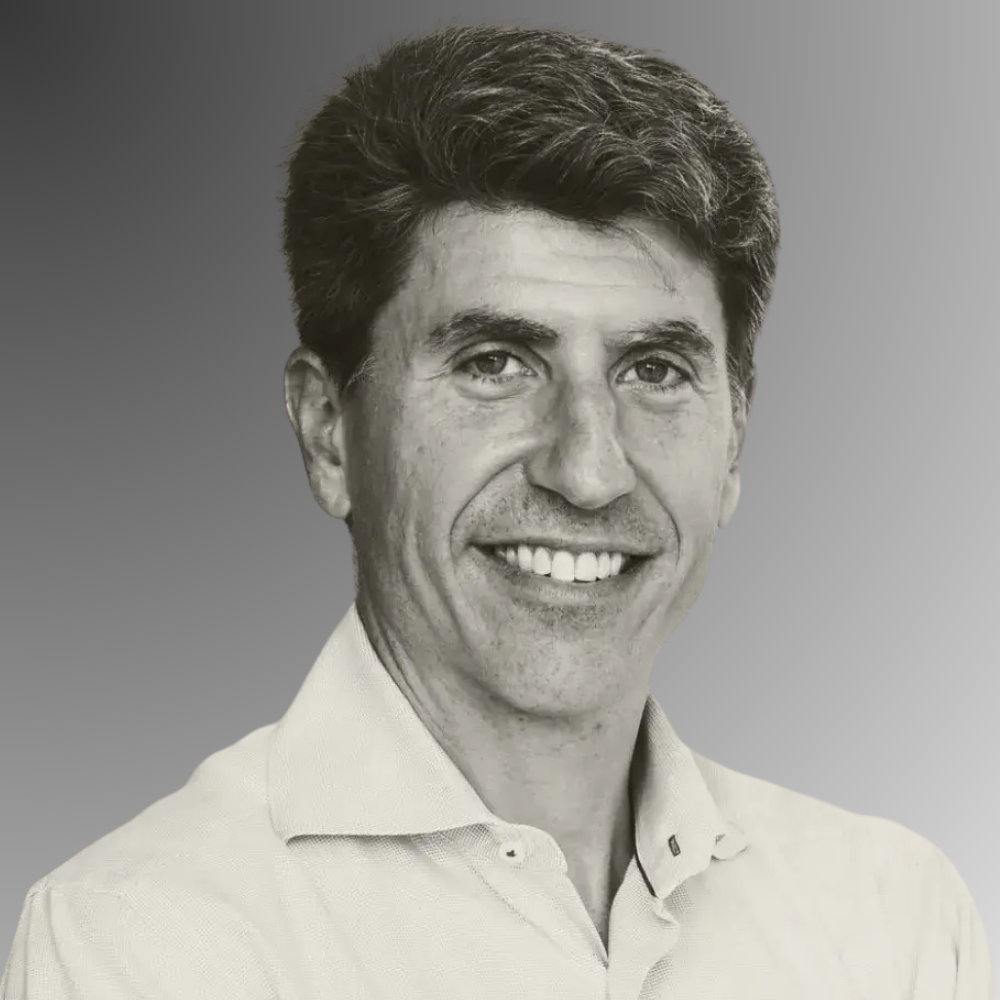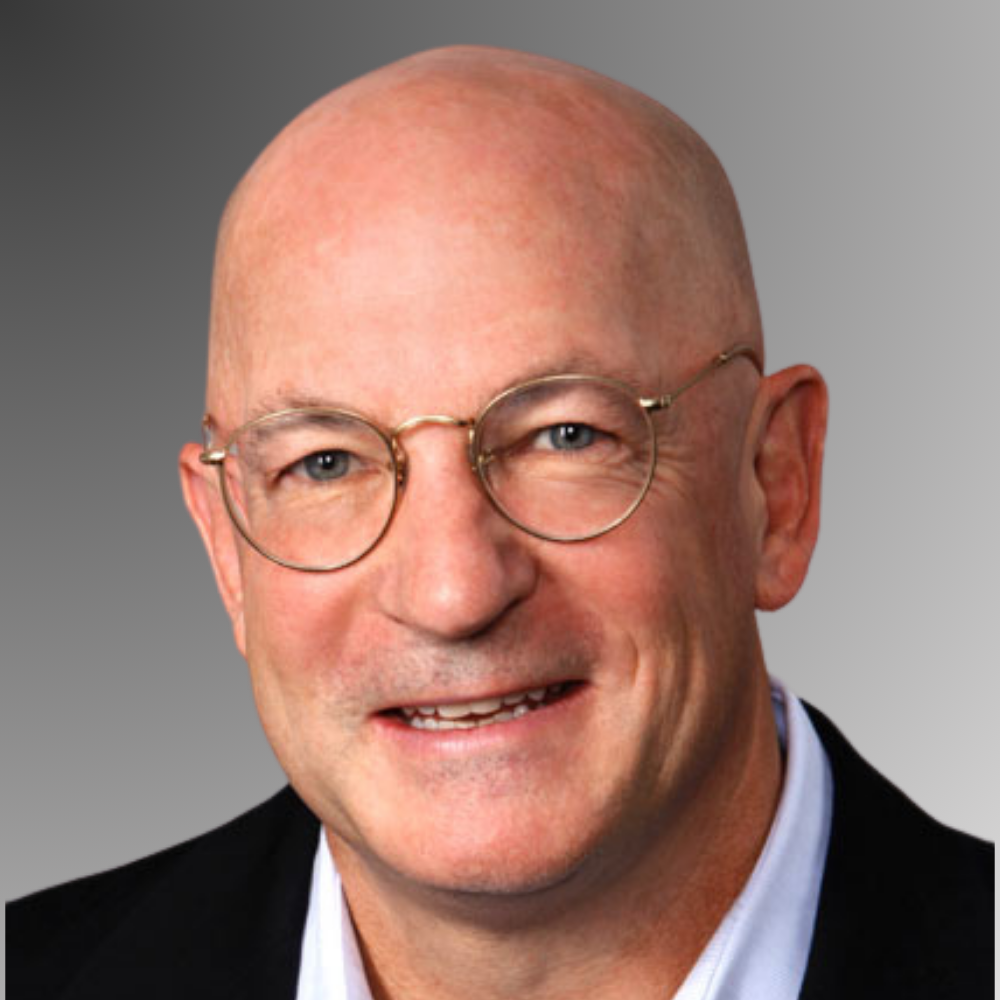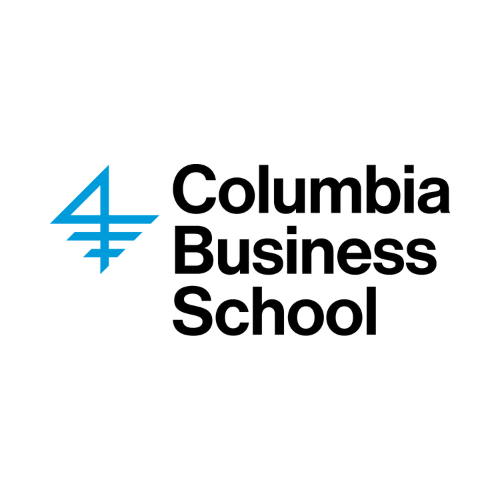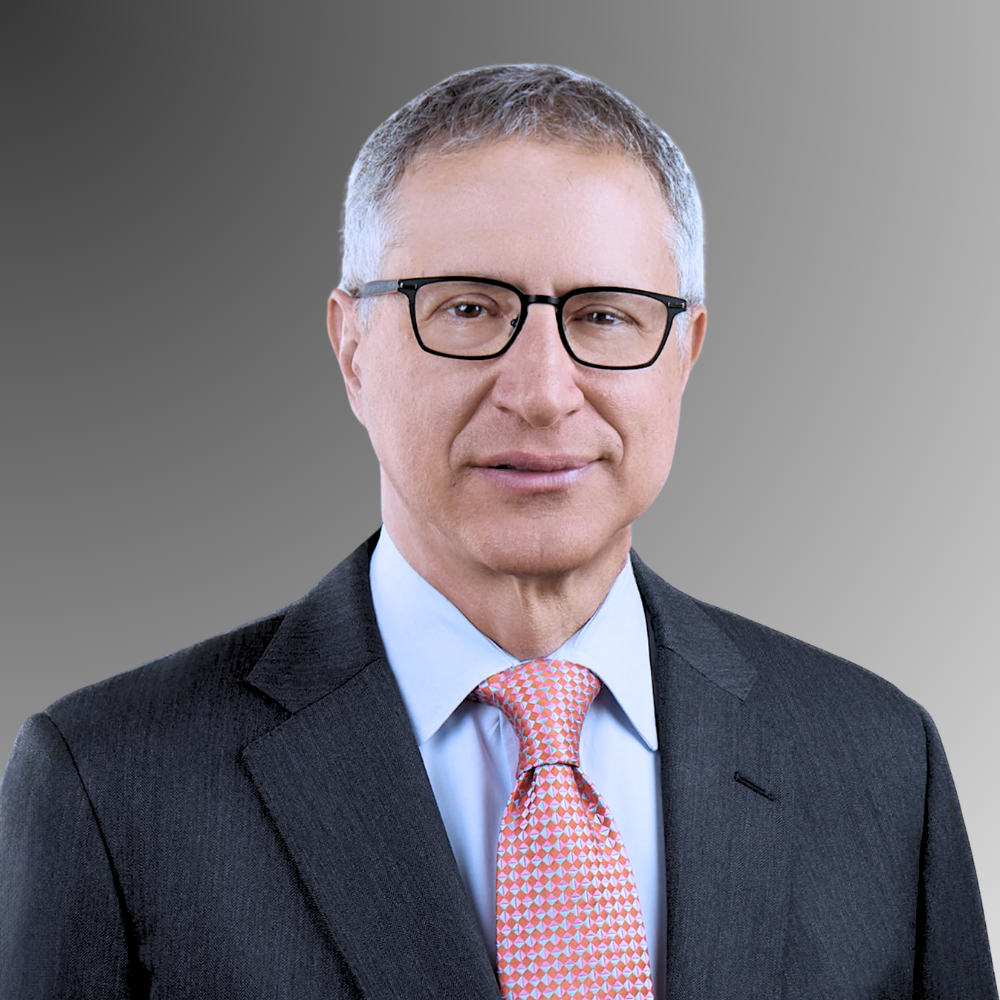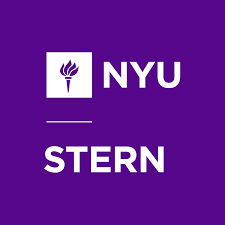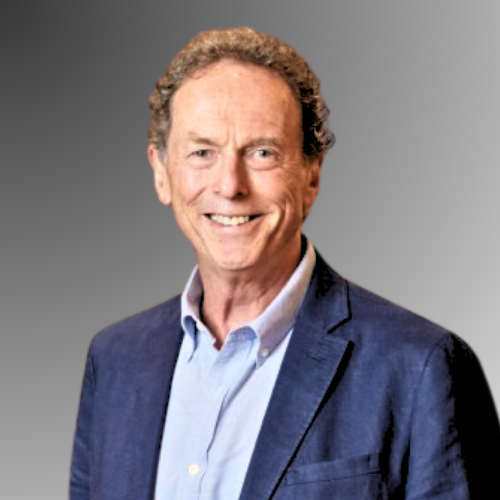How Game Theory, Gut Instinct, and Long-Term Thinking Shape Great Venture Capitalists: A Conversation with Matt Rhodes-Kropf
Corporate Venturing Insider regularly spotlights voices from across the corporate venture ecosystem to surface best practices for supporting entrepreneurs. Over the past five years, we’ve featured leaders from Intel Capital, NEA, JetBlue Ventures, Qualcomm Ventures, Samsung Ventures, and more. In the first half of 2025, we’ve continued that exploration by interviewing intersectional academics that explore the CVC/VC ecosystem to better understand the challenges facing the ecosystem.
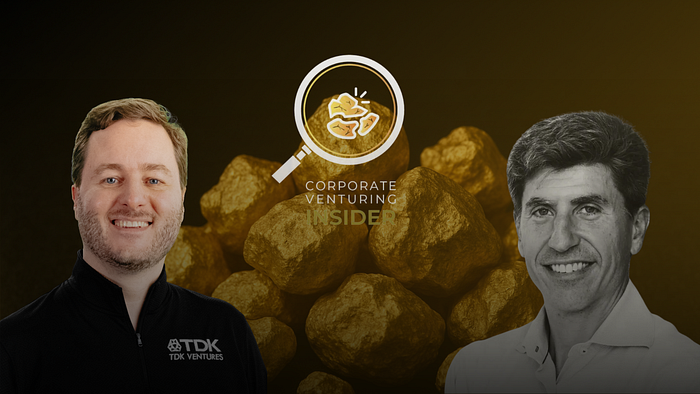
The first half of 2025 was defined by economic volatility, including sweeping U.S. tariffs announced in April that disrupted global markets and fueled investor uncertainty. This backdrop shaped a timely conversation between Nicolas Sauvage, President of TDK Ventures, and Matt Rhodes-Kropf, MIT professor and managing partner at Tectonic Ventures, for episode #109 of Corporate Venturing Insider.
Though the policy whiplash had many on edge, Rhodes-Kropf remained grounded, a perspective shaped by decades in academia and venture. This episode is part of the series’ ongoing effort to elevate voices from across the VC landscape, including academic thinkers who are shaping the future of venture capital.
From Bars and Gyms to Venture Capital
Like many in VC, Rhodes-Kropf’s path was anything but conventional. “I knew nothing about venture capital. I didn’t know I was headed toward it. I also never thought I’d be a professor,” he shared. A fighter pilot’s son, he bought a bar in college and later opened a Gold’s Gym, his vision of what it meant to be a “business person.”
What followed was a PhD in game theory “for no good reason,” and a teaching position at Columbia despite, as he said, “not knowing any finance.” But through that role, he made early investments in Rackspace and Axioma due to his proximity to the founders and insight into the deals. “My best friend’s sister married one of the Rackspace founders,” he said. “And Axioma? The founder was a Columbia professor. Genius. Ethical. I knew a lot about him.” The high levels of intimacy to the founders gave him insight into those deals that wouldn’t have come through formal channels.
Deal Flow and Playing to Your Strengths
Rhodes-Kropf now teaches and advises aspiring investors, and one of his biggest critiques of the VC world is its obsession with deal volume. “That ‘we look at 10,000 companies a year’ stuff? Nonsense. That’s like saying, ‘I’m hunting for a needle in a haystack, so give me more haystacks.’ No, I want less hay and more needles.”
Instead, he urges investors to focus on the types of deals that align with their strengths. “What’s the deal flow that’s right for you?” Rhodes-Kropf asked. “If you’re a super marketing guru, your deal flow should be in and around marketing.” For himself, that means avoiding consumer fads. “I probably shouldn’t be investing in a new dating app. I don’t know what the kids do today.”
Rhodes-Kropf’s edge lies in backing deeply technical founders tackling complex business problems. “That’s where I can get inside a corporation, understand the economics, and find value,” he said. “Pick a lane you’re passionate about and have expertise in.”
Game Theory and the Long Game
At the core of his worldview is game theory — not just as an academic tool, but as a mental model. “It’s like applying chess-like logic to everything in life,” he explained. “If I do X, what will they do? Then what?”
This strategic lens reinforces the importance of reputation and long-term thinking. “You treat entrepreneurs well not just because it’s nice,” he said, “but because it’s optimal in the long run.” Investors who play the long game, he argued, end up with better deal flow and stronger referrals.
To stay grounded, Rhodes-Kropf insists on discipline. “You will not remember why you did a deal. You will make stuff up,” he warned. “We go back and check the memos. We’ll say, ‘Oh, I was always worried about that co-founder.’ No, we weren’t. The memo says he was great.”
Consensus vs. Conviction
One of Rhodes-Kropf’s strongest critiques was of consensus-based decision making in corporate VC. “Corporations are consensus-driven. They want IT, finance — everyone onboard. But startups? They’re horrible at first,” he said. “If you wait for a deal everyone likes, you end up with something no one is excited about.”
He illustrated this with a simple example: “On a 10-person investment committee, your vote only matters if the other nine say yes. But if one person can say yes, that’s a completely different kind of conviction. You’re going to catch different types of deals.”
At Tectonic Ventures, his team of three is small but aligned. “One of us can technically do a deal, but we all care deeply and get paid on the carry. We believe in what we’re backing.”
The Role of Luck
Despite the discipline and theory, Rhodes-Kropf doesn’t discount the role of luck. “It could all be luck,” he said. “You get one great deal, and that deal brings you others. Then you look like a genius. But maybe you just got lucky early.”
Nicolas shared a past conversation with a repeat Midas List investor: “He said, ‘If I didn’t make that one investment, I wouldn’t be here.’ That’s humbling.”
Still, there are ways to increase the odds. “You can’t eliminate luck,” Rhodes-Kropf said. “But you can improve your chances of getting lucky. You can know what you’re good at. You can write down your decisions. And you can keep learning. That’s the most important part. I’m just curious. Everything I already know is boring.”
Navigating Uncertainty and the Future
When asked about the current market climate, Rhodes-Kropf zeroed in on a familiar economic foe: uncertainty. “Uncertainty is the worst,” he said. “It’s not about being pro-Trump or against. It’s about not knowing what tomorrow looks like. Should I move manufacturing to Vietnam? Should I pull it back? No one knows, so everyone freezes. And when we freeze, we shrink.”
But he remains optimistic. “Two years is a short horizon. But when we all have AI copilots helping us at work and in life? That’s going to be remarkable,” he said. “We’re not going to lose our jobs. Efficiency will soar. We’ll do things we can’t even describe today, just like people 200 years ago couldn’t imagine today’s world when 79% worked in farming.”

 Write everything down. Your memory of investment decisions and journey will end up being unreliable. Keep disciplined records to avoid rationalizing poor decisions after the fact.
Write everything down. Your memory of investment decisions and journey will end up being unreliable. Keep disciplined records to avoid rationalizing poor decisions after the fact. 